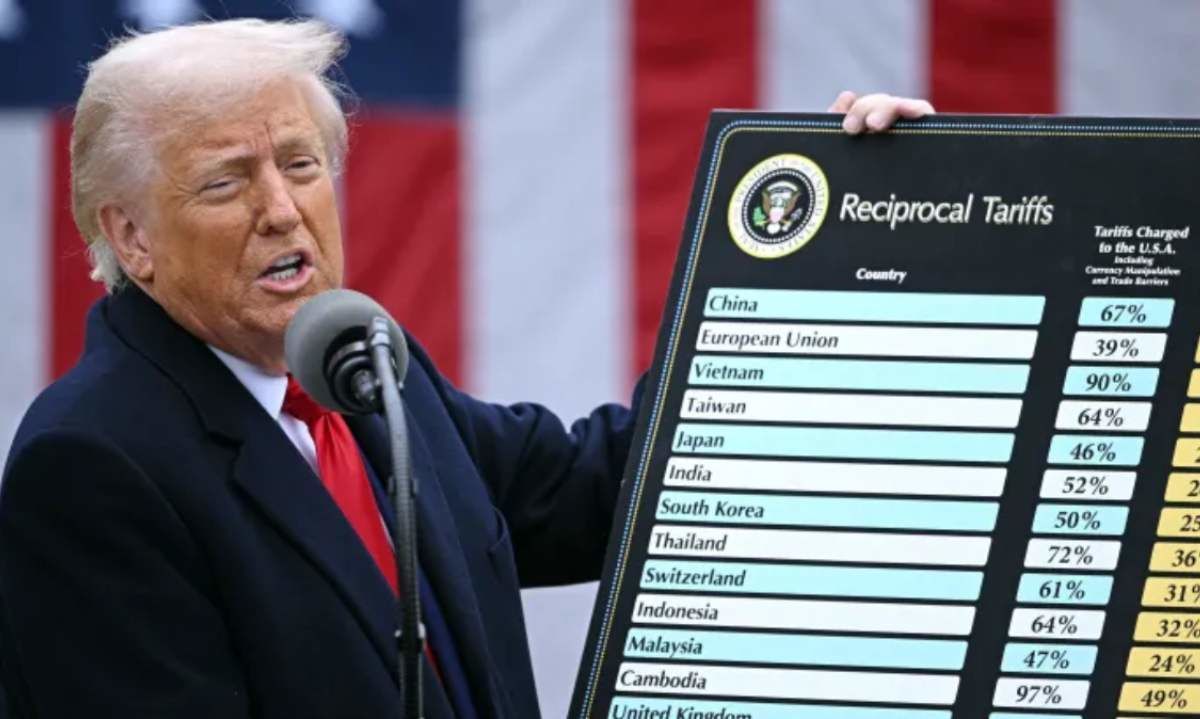
U.S. President Donald Trump announced new tariffs on imports from 95 countries, but Chilean copper exports will remain exempt. This exemption positions Chile as a more competitive supplier in the U.S. market, especially amid rising tensions with other major exporters like China.
As part of “Liberation Day,” U.S. President Donald Trump announced on April 2 the imposition of “reciprocal” tariffs of 10% on imports from 95 countries, including Chile, in response to what he called “unfair trade practices.”
These tariffs will be implemented in two phases: the initial 10% tariff will take effect on April 5, followed by country-specific tariffs beginning on April 9.
In response, Finance Minister Mario Marcel stated that the impact of these measures on the national economy would be limited and could even create commercial opportunities—especially if competitors face higher tariffs.
Roughly 17% of Chile’s copper production is exported to the U.S., potentially giving Chile a competitive edge over countries like China, which are subject to stricter restrictions and maintain a tense relationship with Washington.
To counter these protectionist policies, Chile is diversifying its trade relationships. Recently, Chile’s state-owned National Copper Corporation (Codelco) signed a cooperation agreement with Hindustan Copper Limited in India, focusing on information exchange and collaboration in mineral exploration and exploitation. Agreements like this aim to strengthen Chile’s position in the global copper market and mitigate the possible effects of U.S. trade measures.
Codelco President Máximo Pacheco confirmed that the company will continue to export copper to the United States without being affected by tariffs, thus maintaining its competitiveness in the U.S. market. In fact, during the third quarter of 2024, the U.S. was Chile’s second-largest copper buyer, accounting for 11.3% of total exports—after China, which represented 51.3%, according to a report by the Central Bank of Chile.




